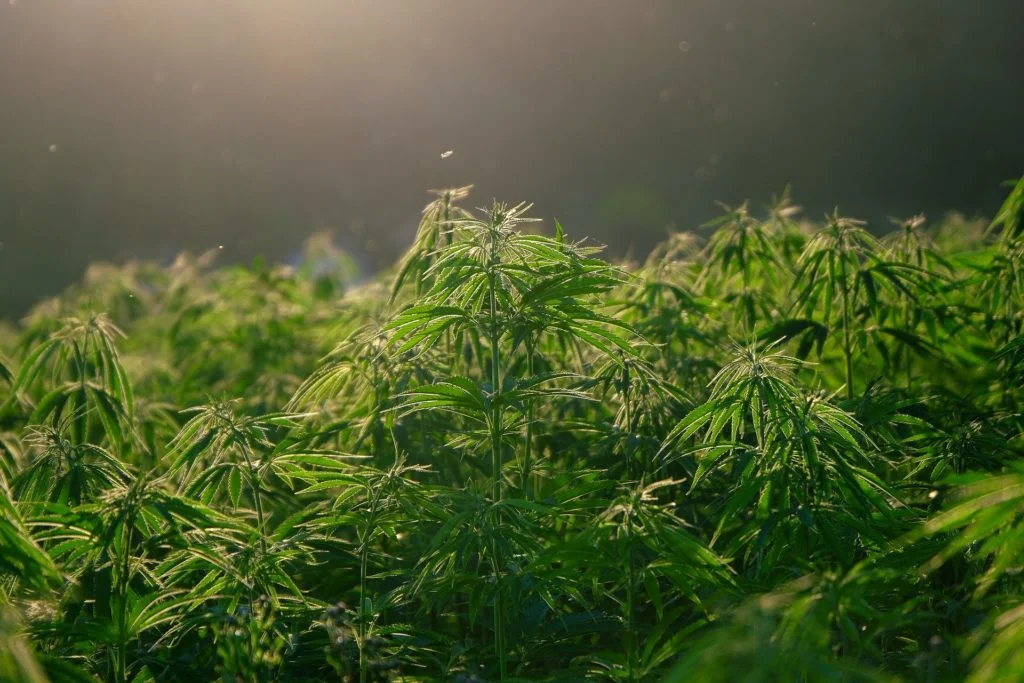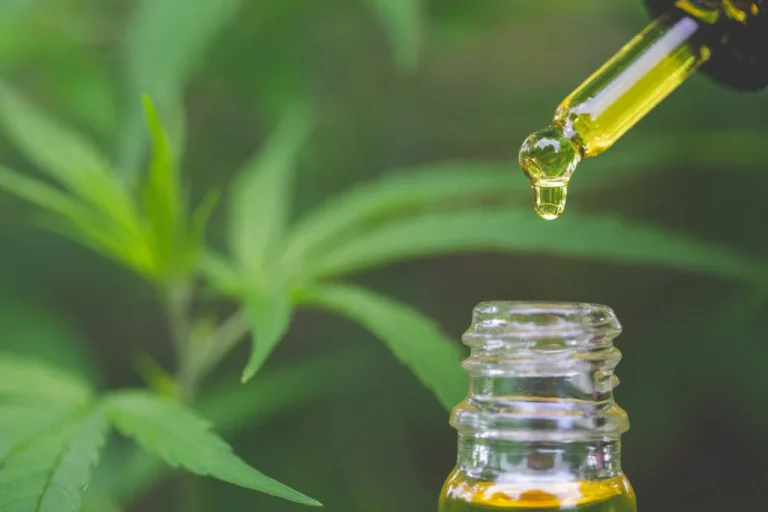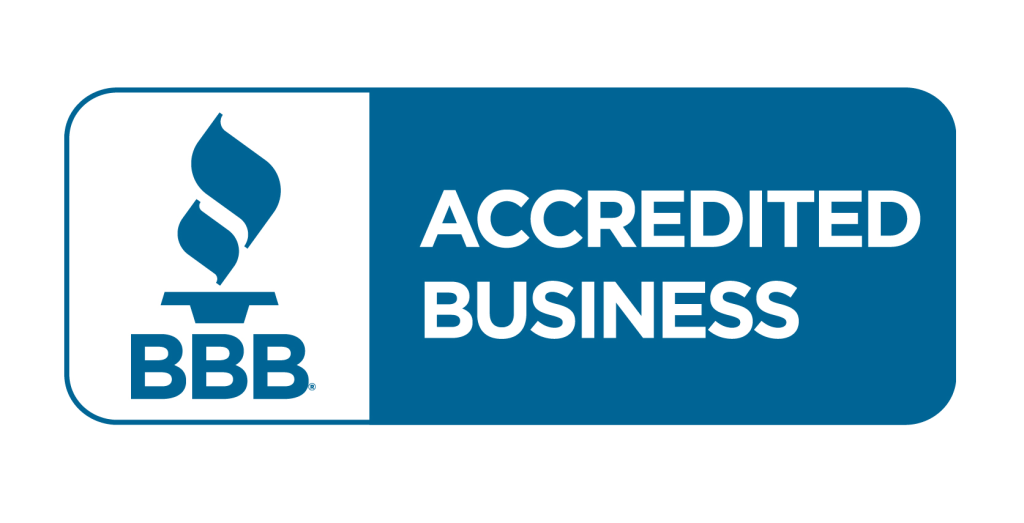Table of Contents
ToggleHemp versus marijuana — aren’t they kind of the same thing? Yes, they both come from the same source, but, no, they are not the same. Both hemp and marijuana each have several distinguishing features. While it is common to group both of them in the same category, these two plants couldn’t be more different. So, what’s the difference between marijuana and hemp?
Let’s find out.

Cannabis as an Umbrella Term
Contrary to popular opinion, hemp and marijuana are not entirely two different species of plant. They both belong to the cannabis plant genus. However, the major difference is that some strains of cannabis have higher tetrahydrocannabinol (THC) content – marijuana – while others have higher CBD content – hemp.
If you’re new to this, it’s technically okay to use “cannabis” as an umbrella term that describes any variety of cannabis sativa regardless of its physical characteristics, chemical composition, or psychoactivity. Just make sure you’re able to distinguish what’s what!
Furthermore, people prefer to refer to marijuana, hemp, and all other canna-related products as “cannabis” instead of “marijuana,” as the term has quite a rocky history. The actual use of the word “marijuana” was used to perpetuate racist stereotypes and reinforced the false association of marijuana and Mexican immigrants back in the 1900s. This connotation struggled to diminish, making it still harmful today for some POC. Thus, using the term “cannabis,” in general, is just fine.
Still, utilizing the blanket term “cannabis” to describe both hemp and marijuana can be confusing because, despite their similarity, both varieties have their own characteristics that create quite the juxtaposition. Let’s get into these differences.
What’s The Difference Between Hemp And Marijuana?
According to law, the major difference between hemp and marijuana is the THC content. THC is the most abundant psychoactive cannabinoid in the cannabis plant, making it controversial from a legal perspective.
In line with this, the National Institute of Health defines marijuana as cannabis plants or cannabis-derived products that contain substantial amounts of THC, about 5%-35%. On the other hand, cannabis plants containing minimal THC, 0.3% to be precise, are considered “industrial hemp.” So, if you’re legally hoping to cultivate marijuana, you need to pay close attention to THC levels. If they’re not quite high enough, you may just be growing some hemp.
Defining Hemp
At first glance, hemp closely resembles marijuana because, of course, they belong to the same species. But, if you look close enough, you will begin to notice some clear differences.
Hemp is a stout, aromatic herb with long and narrow leaves that gather in the upper area, making the bottom of the plant appear quite bare. In addition, it has small, greenish-yellow flowers and a slender cane-like stalk. This cannabis variety can grow as tall as 12 feet depending on the cultivation process.
Farmers cultivate hemp outdoors using a crop rotation technique that prevents disease and pests and returns nutrients to the land. Moreso, hemp thrives in sandy loams and temperate regions that have good drainage and regular rainfall. Often, you can plant hemp more densely. For instance, you can cultivate 100 to 120 plants per 4 square feet if grown for fiber or 40-60 plants per 4 square feet if grown for oil.
Furthermore, hemp has a lot of eco-friendly benefits, including more efficient use of energy, forest conservation, and so many others. The cultivation of hemp helps eliminate many wastes and carbon-intensive building materials from the atmosphere. It is also a sustainable alternative to various products, for example, cotton and paper. Compared to cotton, hemp is stronger, much more durable, and significantly cheaper. Additionally, hemp-based paper is recyclable and can help reduce deforestation.
Hemp’s Legality
In 2018, the signing of the hemp farming Act (Farm Bill) led to the reclassification of hemp from a Schedule 1 controlled substance to a substance legal for use and cultivation. Hence, cannabis containing less than 0.3% THC, known as hemp and hemp-derived cannabidiol (CBD), is legal throughout the United States.
The reason for this legalization is that, although hemp comes from the same source as marijuana, it does not cause any mind-altering effects. However, it can produce CBD, which, although technically psychoactive, is not intoxicating by itself.
Defining Marijuana
Marijuana is the popular variety of cannabis cherished for its numerous therapeutic and medicinal benefits. Like a lot of other plants, marijuana is green and leafy. It has an elongated stem and fan-shaped leaves covered in trichomes. In marijuana, the flowers are tightly packed into bud-like structures. These flowers are essential because they contain a mind-altering chemical called THC.
When it comes to cultivation, marijuana matures more quickly than hemp and outgrows it easily. Additionally, it requires more space to grow efficiently. Its high THC content and cannabinoids make marijuana a natural remedy for conditions such as stress, anxiety, chronic pain, and symptoms of other medical conditions. It can provide patients with much-needed pain relief and calm, but it does not cure any disease.
Despite marijuana’s many benefits, the federal government does not recognize the plant as a legal drug. Thus, state marijuana law varies from state to state. However, some states allow residents to use marijuana both medically and recreationally.
How To Tell The Difference Between Hemp and Marijuana
It will be difficult to tell the difference between hemp and marijuana if you are unfamiliar with cannabis because apart from some minor differences, they are quite similar visually. Nonetheless, sometimes a close observation can help you distinguish between them.
When you observe their leaves, marijuana tends to look like either a broadleaf, a tight bud, or a nugget with tiny hairs or crystals. Hemp, on the other hand, has leaves that are narrower and more concentrated at the top.
In addition, marijuana appears like a bush when viewed from afar. But hemp, especially hemp grown as fiber or seed, generally seems to be much thinner and shorter (up to 20 feet).
The best way and possibly the most accurate way of telling them apart is through chemical analysis. This way, you know which strains have high THC contents, and which strains are hemp — the ones with less than 0.3% THC.
Hemp Or Marijuana: It’s Your Choice
There’s really no pressure when it comes to choosing what type of cannabis to consume. Whichever one you select is totally up to you and the benefit you desire from the plant. For instance, you can smoke hemp for its relaxing properties and not worry about getting high. On the other hand, the many compounds in marijuana make it a great choice for healing, calming, and other anti-inflammatory benefits. But, if you would love to purchase and use medical marijuana, you will have to register and get a medical marijuana card — but don’t worry, we can help you with that.
The process to get your card is quite simple, and you can get it easily by booking an appointment with us right now. Elevate Holistics will work with you hand-in-hand to determine what strains of cannabis will be best for you and get you ready to enjoy the many benefits of cannabis ASAP.
Reach out to us through the button below and get started on your medical marijuana (or hemp) journey.







